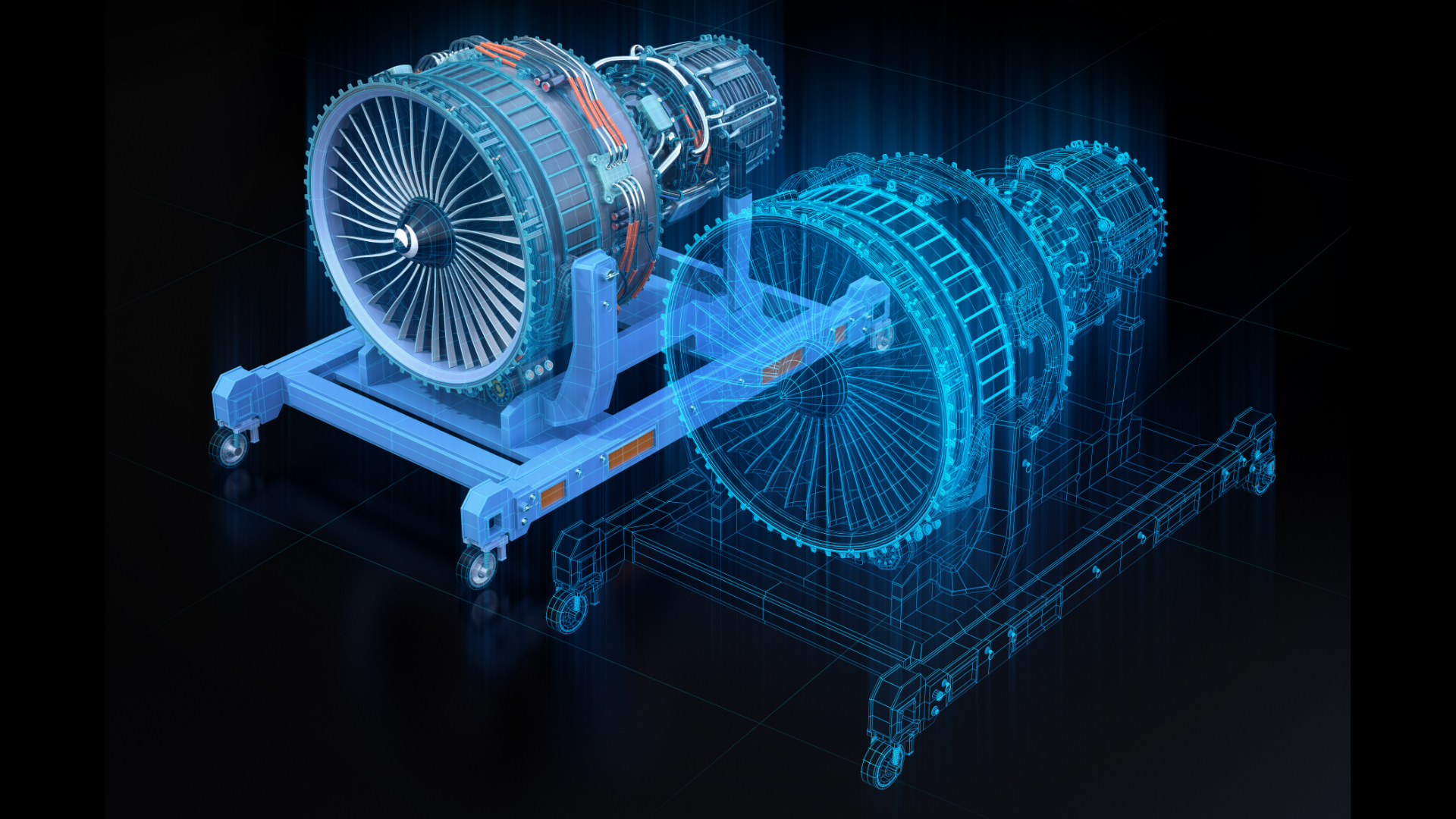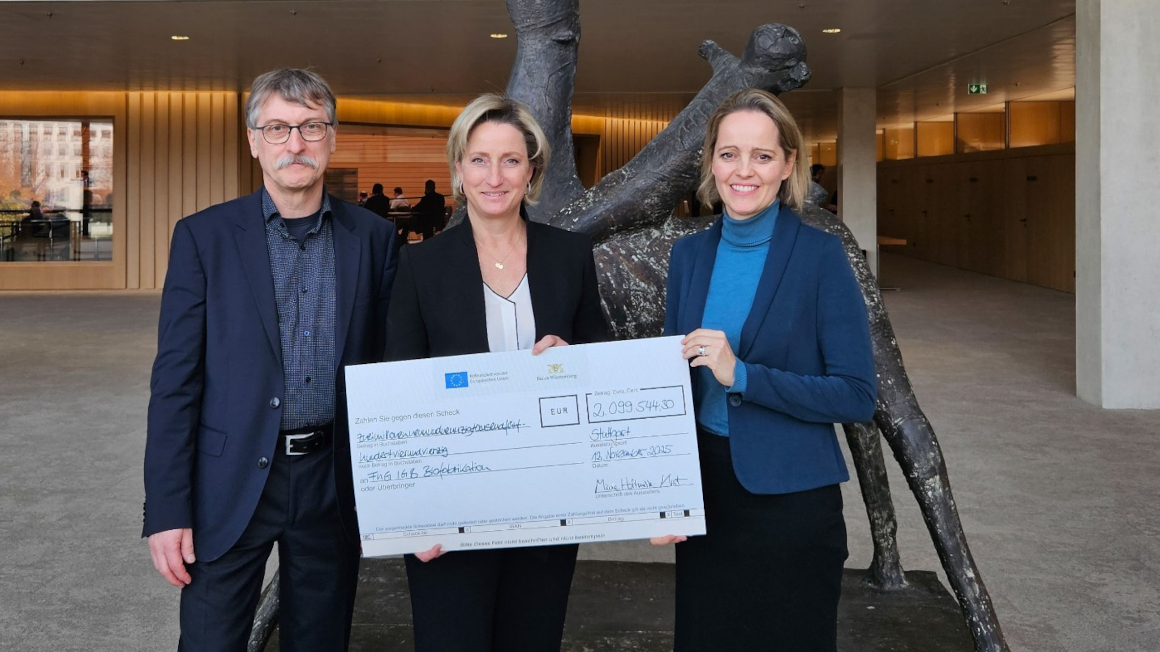“With communication standards to a digital biotech lab”
Felix LenkProfession: Engineer
Position: Founder and Managing Director of SmartLab Solutions GmbH (Dresden)

Profession: Engineer
Position: Founder and Managing Director of SmartLab Solutions GmbH (Dresden)

With his company SmartLab Solutions, Felix Lenk is paving the way for the digital and automated laboratory of the future. One of his team's sensor developments, funded by the BMBF, has now made it onto the market.
Engineer Felix Lenk is the founder and Managing Director of SmartLab Solutions GmbH. The spin-off from Dresden University of Technology develops hardware and IT solutions for the digitalised and automated laboratory of the future. These include the ‘Sens-o-Spheres’, a mobile measuring system the size of a pea that records important process parameters such as temperature in the culture medium of a bioreactor and transmits them to a base station. The Federal Ministry of Education and Research funded the development as part of the ideas competition ‘New products for the bioeconomy’ and 'SME-innovative'.
At ACHEMA in Frankfurt, the world's leading trade fair for the process industry, you and your team will be exhibiting with a large stand in the Digital Lab area (Hall 12.0 A33). What digitalisation trends are currently shaping the industry?
What has increased significantly is robotisation and complete automation in the laboratory. Another hot topic: since the laboratory sector agreed on an industrial standard for device communication, development has accelerated enormously. The standard is called OPC UA LADS and was set up by a Joint Working Group on the initiative of the SPECTARIS association. The finalised standard specification has been rolled out since the end of last year. Every device manufacturer can now start building an OPC server or an OPC client on this basis. The first devices are already available on the market as series products.
What does this mean for your company SmartLab Solutions?
We are currently in the process of completely adapting the standard specification for our devices. One of my recommendations for other industry players is the hackathons that SPECTARIS organises every three months. These events are aimed at device and software manufacturers and offer a good introduction to developing an OPC server or OPC client on site in a low-threshold manner. Registration is sufficient.
Sensors are the basis for the digitalisation of biotech laboratories. What is important here?
The trend is towards continuous quality checks in the bioreactor. This requires innovative measurement technology that records data at high frequency – preferably in real time. This also allows more complex process variables to be recorded, which can be used to determine how fit the cells in the bioreactor are.
How do the microsensor spheres called Sens-o-Spheres, which your team developed with BMBF funding, work?
The pea-sized spheres are the world's smallest sensors that measure the pH value and temperature in a liquid regardless of location and deliver the final measured value via radio signal. Our high-tech product can be used, recharged and reused for four days, making it a sustainable solution. We have developed the Sens-o-Spheres to market maturity and are commercialising them through our sensor technology spin-off amensio GmbH. We presented the Sens-o-Spheres as temperature sensors for the first time as a product at Analytica in March 2024 and they are available to buy. The response was very positive. We are now supplying the first round of customers with our product. amensio GmbH currently has seven employees at the Dresden site – this means a very high level of vertical integration in Germany, which has been achieved thanks to BMBF funding, among other things.
Where are we on the road to the Smart Biolab?
Firstly, the coronavirus pandemic has given a clear boost to digitalisation. Secondly, industry players who were previously hesitant have now fully embraced digitalisation and automation in the laboratory. The clear drivers here are the massive increase in sample volumes and the shortage of skilled labour.
What potential do AI methods have in the digital lab?
The basic prerequisite is to digitise and standardise the entire bioprocess chain. Previous data silos must be connected to form a data lake. Only then will it be possible to use tools such as AI in a meaningful way. Large language models such as ChatGPT also harbour great potential for use in the laboratory. They are suitable as an interface to simplify device interactions and connect multiple software solutions.
Interview: Philipp Graf


